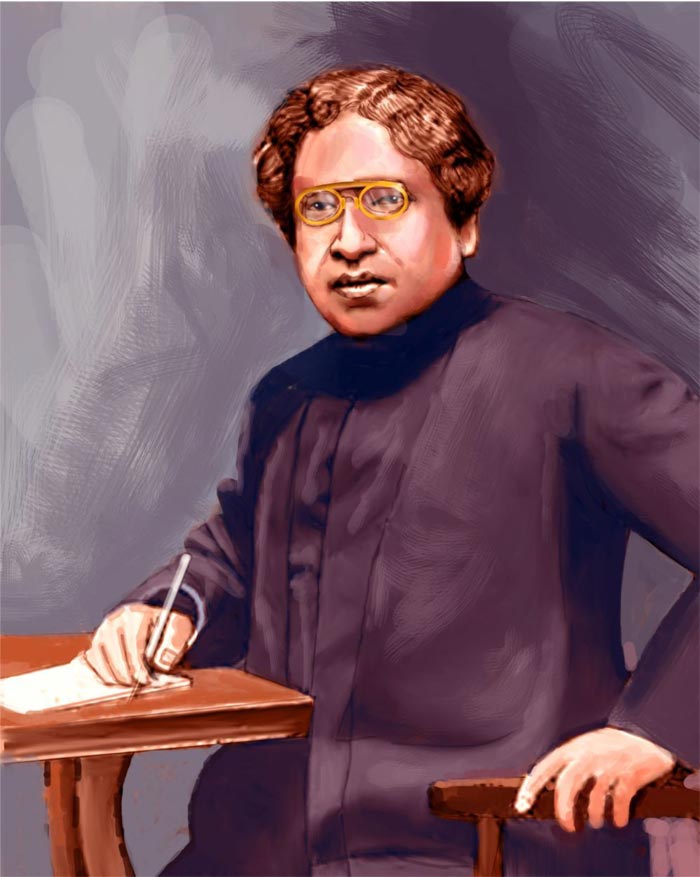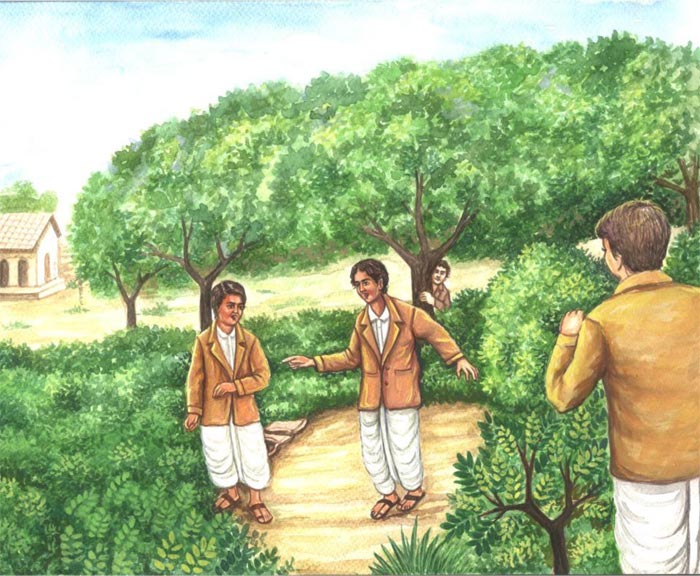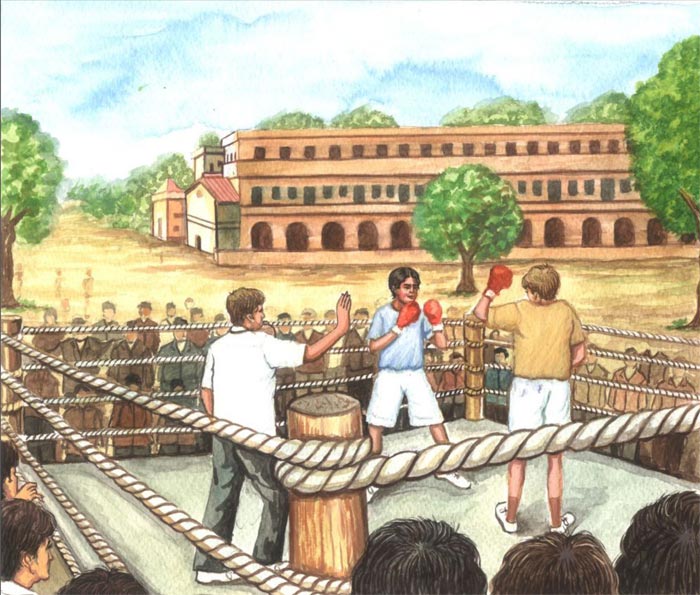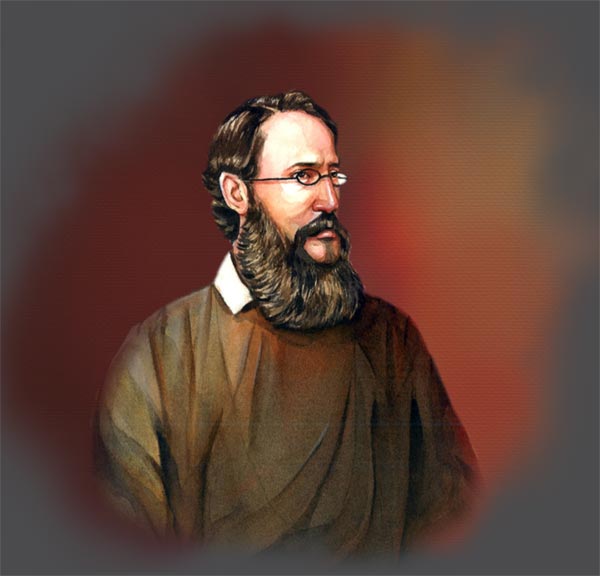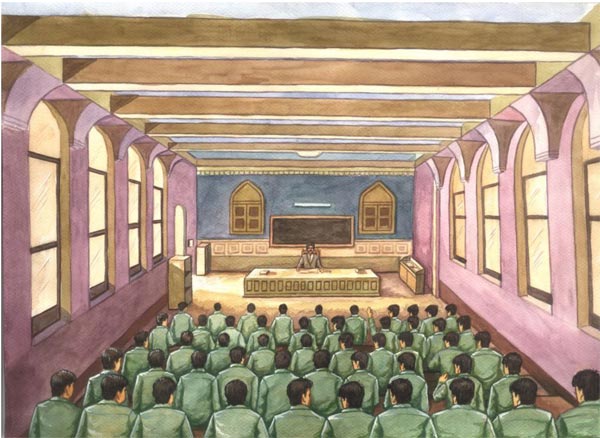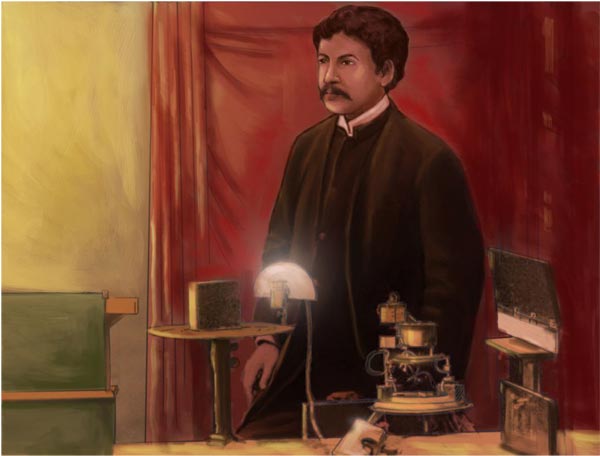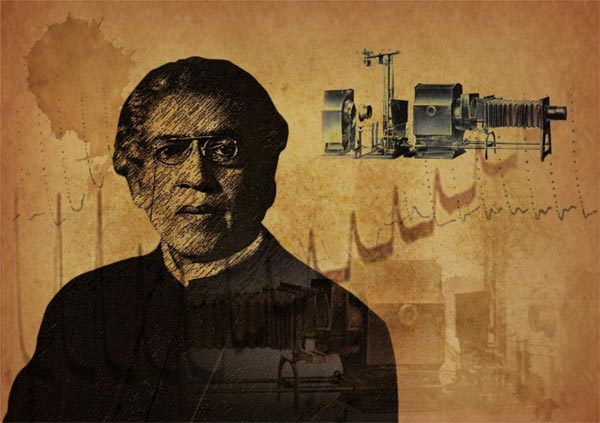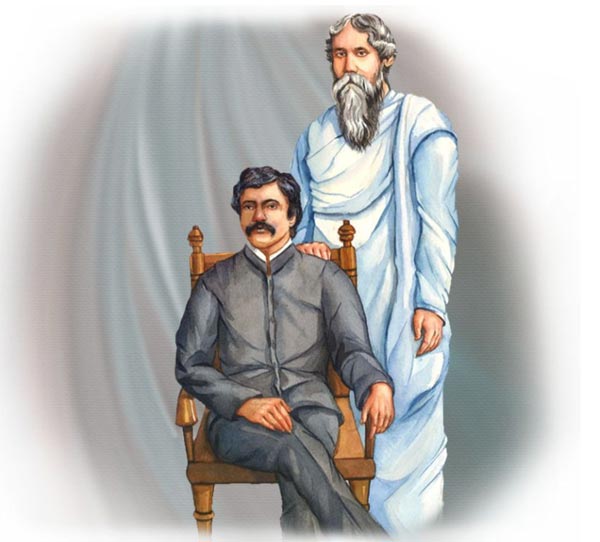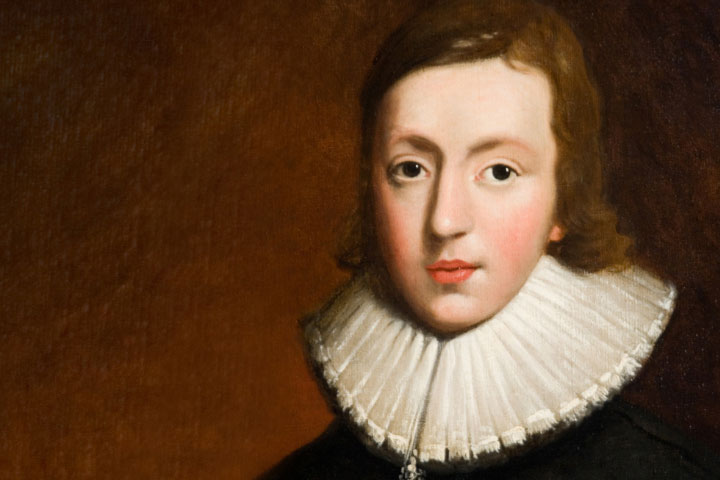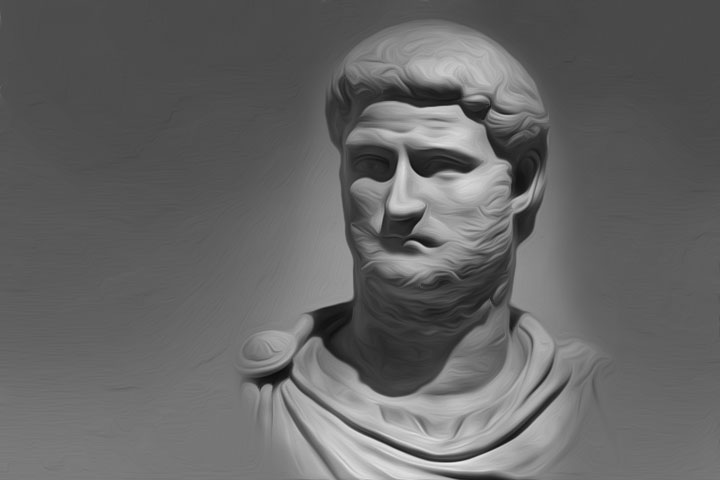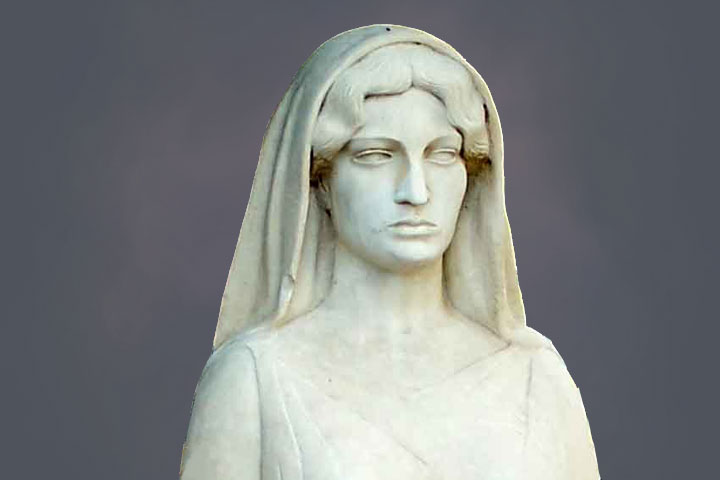
Introduction
How a simple boy ‘Jogodish Chondro Boshu’ grew into a great scientist of world repute in the field of Science and Technology is an intriguing saga, especially for a discerning reader.
The boy grew into someone on whom the science community world over showered awards and epithets, one after the other, of the kind that have been witnessed only once in a blue moon in the past history. The journey of exploring, observing, learning and re-learning from the lives of great men who have left indelible imprint on the path of time, in the mysterious and equally enchanting world of ours, is definitely a promising one.
A ‘British Indian Polymath’, is how editors and science historians describe Sir Jagadish Chandra Basu. He is considered to be a physicist, a biologist, a botanist, an archaeologist and also an early writer of Science Fiction. He pioneered the investigation of Radio and Microwave Optics, made very significant contributions to Plant Science and laid the foundations of Experimental Science in the Indian subcontinent. His significant contribution to the field of science came through many discoveries and inventions—the invention of Crescograph, remote wireless signalling, using semiconductor junctions to detect radio signals etc. His inventions were open to one and all to further develop his researched areas.

Early Childhood
Jagadish was born on 30th November, 1858, at Mymensingh (Bikrampur, of erstwhile Bengal Presidency, now Munshiganj district in Bangladesh), in British India to parents who were firmly rooted in high-society. The would-be Sir Jagadish Chandra Basu could not ask for better. His father, Bhagwan Chandra Bose was the Deputy Magistrate of Faridpur, Bardhman and other districts. He was also a popular leader of the Brahmo Samaj. Jagadish’s mother—Bama Sundari Devi was neither highly educated nor held any illustrious position, yet her persona influenced Bose deeply. Her teachings and motherly touch was no less significant in shaping Bose’s approach and attitude towards his peers, kids from neighbourhood and common masses in general.
Bose’s father was a firm believer in learning and knowing one’s mother tongue prior to any foreign language and therefore Bose’s early education started in a vernacular school.
Bose himself admitted: “At that time, sending children to English schools was an aristocratic status symbol. In the vernacular school, to which I was sent, the son of the Muslim attendant of my father sat on my right side, and the son of a fisherman sat on my left. They were my playmates. I listened spellbound to their stories of birds, animals and aquatic creatures. Perhaps these stories created in my mind a keen interest in investigating the workings of Nature. When I returned home from school accompanied by my school fellows, my mother welcomed and fed all of us without discrimination. Although she was an orthodox old fashioned lady, she never considered herself guilty of impiety by treating these ‘untouchables’ as her own children. It was because of my childhood friendship with them that I could never feel that there were ‘creatures’ who might be labelled ‘low-caste’. I never realised that there existed a ‘problem’ common to the two communities, Hindus and Muslims.”
The early formative years of young Jagadish, spent in Faridpur, were shaped by careful upbringing by value conscious, conscientious parents who attached significant importance to Indian tradition and culture. Unlike any ambitious and upward moving Indian, his father although being the Deputy Magistrate of a district, sent his son to a village Pathshala (school) for primary schooling where Jagadish spent impressionable years of young life brushing shoulders with village children. He had ample time to stand and stare at Mother Nature. In the company of other children of farmers, fisher folk, tradesmen and labourers, he explored, observed and grappled with deciphering and understanding what the profound variety of things, creatures, flora, fauna and the like meant and how they existed in harmony with Mother Nature.
The context, leisure time and an amenable temperament laden with compelling urge to make sense of things around created in Bose an unrelenting curiosity. His peer kids came up with innumerable plausible explanations rationalizing and justifying the surrounding phenomena to outsmart each other, pushing their young minds to infinite limits of the wildest imagination. Curiosity, rumination, quest for justifying the way things were; and above all projecting a view about things that was unprecedented—all this happened during young Bose’s interaction with village kids. Probably, these activities germinated the seed of scientific temperament in young Bose who grew to be impatiently curious. His father was always by his side to answer his never ending queries and encouraged him to be evermore inquisitive.
However, at times he would give in and advise, “…as you grow bigger and bigger, my boy, try to find out the truth yourself”.

Education
Cricket happened to be Bose’s favourite game. Physical prowess, die-hard and optimistic attitude, giving cent per cent to the undertaken activity—these all ensured success for him in every task of his life. At the age of nine, in 1869, Bose left home and joined the ‘Hare School’ at Kolkata. In the year 1875, he passed the Entrance Examination of University of Calcutta and was admitted to St. Xavier's College, Calcutta. His diction and accent, under heavy influence of Indian native languages, soon turned him into a laughing stock at St. Xaviers. His European classmates made fun of him and he became a source of continuous entertainment for them. They saw him as a clumsy rustic boy, and thus never lost an opportunity to tease and hurl on him many intimidating insults. Unable to tolerate such mean treatment from rowdy elements, Bose made up his mind to face squarely the most formidable adversary—a champion boxer.
In the fight that followed, the rustic boy made his opponent bite the dust, much to the surprise of one and all. Thereafter, no one dared take a chance with him. Bose learnt rather early in life, that you cannot avoid facing a bully or rogue for long; the sooner you do it, the better it is. The worst fears need to be fought first; rest all fall in its place automatically.
His stay at St. Xavier School was also crucial in turning him into a true scientist and a teacher par excellence. The unique and brilliant teaching methods of Jesuit Father Eugene Lafont enthralled him to the core of his heart. Father Lafont was an unmatched genius when it came to lecture-demonstrations based on actual experiments.
Young Bose learnt some very crucial and important lessons in demonstrative pedagogy from him. Father Lafont was the one who ignited an enduring and genuine interest in Bose in the field of Natural Science.
After receiving a Bachelor’s degree from University of Calcutta in 1879, Bose like every other ambitious and upward moving Indian youth wanted to jump into the band wagon and go to London and compete for Indian Civil Services. However, his father, who himself was a civil servant, advised him otherwise. He persuaded him to be rather a scholar, given to the search of truth, moving in the mysterious alleys of knowledge. A scholar was better than a ruler who derived pleasure by bossing over his own peers and brethren. Bose saw through his father’s rationale and abandoned his ambitious plans of competing for the Indian Civil Services and instead, went to England to study Medicine at the University of London in 1880. There he suffered repeated attacks of malaria, which he had contracted prior to his departure for London. The odour in the dissection rooms is also said to have worsened his illness. Later, when he gained physical fitness, he got himself admitted on scholarship in Christ’s College, Cambridge on the recommendation of his brother-in-law, Mr. Anandmohan Bose (the first Indian wrangler to study Natural Science). Bose was awarded the Natural Science Tripos degree by the University of Cambridge and a B. Sc. Degree by the University of London in 1884. He also secured an M. A. as well from Cambridge University in the same year.

Back to the Roots
On his return to India in 1885, Bose joined Presidency College, as Officiating Professor of Physics. However, his stay was marked by humiliating experience meted out to him by his superiors. Bose was paid a salary half of what the British teachers were paid. In protest, he did not draw his salary at all and worked without remuneration for three years without missing even a single lecture. Bose attached much importance to ‘hands-on’ approach to science, showing students what happened, rather than teaching them what happens. With his new and radical ways, he became extraordinarily popular with his students. He encouraged students to observe, question, experiment and innovate, without depending solely on books or teachers.
Finally, Principal Tawny and Director Croft, impressed by his brilliance, jointly recommended full salary for Bose from the date of his joining the college. In order to prove his talent and mettle though, many a times Bose had to work more than his British counterparts. He proved himself nevertheless. He learnt another important lesson of his life—the best way to face the English was to face them with courage and willpower. Within a decade of his joining Presidency College, Bose emerged a pioneer in the incipient research on wireless waves.
In the year 1887, Bose got married to Abala Das, the daughter of a politician and a leading advocate of Calcutta High Court. She brushed shoulders with him in all walks of life and proved to be a true life partner. She was his constant companion and helpmate, accompanying him on his trips to religious and historical places in India and on many excursions to the Himalayan peaks and glaciers. Later in life, she joined her husband on all his lecture tours abroad. Bose dedicated his book ‘Plant Autographs and their Revelation’ to Abala Devi with the note, “To my wife, who has stood by me in all my struggles”.

Exploring and Discovering
Bose carried on with his research at Presidency College inspite of depressing circumstances like non-existent research facilities and related paraphernalia, discouraging snubs from superiors and decrepit infrastructure, to name a few. His lab was a small enclosure adjoining a bathroom. He would stay on in his lab long after the classes were over. He met expenses for the experiments himself and even fabricated the equipment using his sheer ingenuity. It was in such surroundings that a device for producing electromagnetic waves was invented by Bose.
In 1894, Bose rang a bell and exploded a small charge of gunpowder using electromagnetic waves demonstrating to general public how the electromagnetic waves could be used for many useful applications. His invention was appreciated by the science community for the compact nature of the apparatus and sheer resourcefulness with which the equipment was designed. It became a favourite content for many textbooks of the contemporary period.
Bose also developed the use of Galena crystals for making receivers, both for shortwave length radio waves and for white and ultraviolet light. Sir Neville Mott, 1977 Nobel Prize winner admitted, “… J. C. Bose was at least sixty years ahead of his time.... In fact, he had anticipated the existence of P-type and N-type semi-conductors.”
Bose also worked on the polarization of electric waves by double refraction. London University conferred on him D. Sc. Degree in 1896 for his thesis on “Measurements of Electric Rays”. Bose also speculated on the existence of electromagnetic radiation from the sun. Two years later, Bose demonstrated another invention—the Mercury Coherer with the telephone detector. Bose can also be considered a pioneer in the field of ‘investigation of the properties of photo-conductivity’ and ‘contact rectification shown by this class of semi-conductors’. His subsequent study of the fatigue phenomena exhibited by these substances led Bose to postulate his theory of the similarity of response in the living and the non-living. He found that the sensitivity of the coherer decreased when it was used for a long period, i.e. it became tired. When he gave the device some rest, it regained its sensitivity which, in his view, indicated that metals had feelings and memory! During 1897-1900, Bose turned his interest to Comparative Physiology, Plant Physiology in particular. The main focus of his investigations was to establish that all the characteristics of response exhibited by animal tissues were equally exhibited by plant tissues.
Bose’s highly original research on ‘Electric Response of Inorganic Substances’ was initially rejected due to opposition of Sir JohnBurdon Sanderson, the leading electro-physiologist of the time. However, Bose’s interest in Physiology gave an impetus to his inventive genius, leading to invention of an optical lever in plant physiology to magnify and photographically record the minute movements of plants. He perfected the resonant recorder that enabled him to determine with remarkable accuracy, the latent period of response of the touch-me-not plant (Mimosa Pudica) which was a thousandth part of a second. He also devised the oscillating recorder for making minute lateral leaflets.
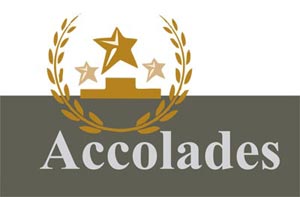
Accolades
Bose’s contributions in the fields of Physics, Biophysics, Biology, Botany, Archaeology, Bengali Literature and also Bangla Science Fiction are well acknowledged today.
The 1900s saw the better of him, marked by a spell of renewed activity. In 1903, he was conferred Companionship of the British Empire (C.B.E.) by the British government. As a recognition of his contribution to various fields, he was awarded with ‘Companion of the Order of the Indian Empire (CIE)’ in 1903, ‘Companion of the Order of the Star of India (CSI)’ in 1911, ‘Fellow of the Royal Society of Science (FRS)’ and ‘Knight Bachelor’ in 1917. The Royal Society which had been enriched by publication of his papers on physical research since 1894 honoured him in 1920 by electing him a Fellow. In 1933 and 1935, Bose was felicitated with honorary D. Sc. by Banaras Hindu University and Dhaka University respectively. He formally retired from Presidency College in 1915, but was retained as Professor Emeritus for the next five years.
From the year of his retirement to his last breath, Bose gave his cent-percent to his research work. He worked tirelessly at ‘Basu Bigyan Mandir’ which he himself founded in 1917 after his retirement. Knighthood was conferred on him in 1916, and in 1920 he was elected a FRS. ‘Plant Response as a Means of Physiological investigations’, ‘Physiology of Photosynthesis’, ‘Nervous Mechanism of Plants and Motor Mechanisms of Plants’ are some of his important publications which are considered even today as original research works setting up standards for the future generations.
Bose was a fearless person and a true and ardent nationalist. At no point in his entire life span did he accept the racial supremacy of either the British or other Europeans. When faced with a crisis, he never compromised his high moral ground and stood on pedestal like a beacon without bothering about the demeaning treatment meted out to him by others. To him, self-respect, belief in the self, patriotism, integrity and courage were quintessential ingredients of human dignity and come what may, he would not compromise these. He set an example for others that the best way to tackle racial injustice was rising high above and cutting the exploiters to their real size.
Bose was made the President of ‘Bangiya Sahitya Parishad’—an apex body of state-level literary council, looking after promotion and expansion of Bengali literature and language in recognition of his contributions to literature. Abyakta (The Unexpressed) written by him reminds Bengali readers of the versatile genius of J C Bose. This literary work is yet regarded by critics as an unmatched exposition of the beauty of natural phenomena. J C Bose also enjoyed patronising companionship of the great men of his times—the Nobel Laureate and poet Rabindranath Tagore,
Swami Vivekananda, Sister Nivedita and Mahatma Gandhi. Among eminent scholars abroad who acknowledged his work and contribution to humanity, were George Bernard Shaw, Aldous Huxley and Romain Rolland. What all these savants appreciated most was Bose's attempt to prove the age-old humanist faith in the basic unity of all life. A British editor once wrote: "In Sir Jagadish, the culture of 30 centuries has blossomed into a scientific brain of an order which we cannot duplicate in the West."
Bose could have minted millions by getting patents for his inventions, but to him, knowledge and inventions did not belong either to the inventor or any mortal human being. New inventions and technologies belonged to one and all universally. Knowledge does not have a Master. According to him, inventors have no moral right to exercise their possession on new inventions and discoveries. He was a noble soul who in a humble manner did his stint to nurture and enrich humanity. Bose breathed his last on November 23, 1937, just a week short of his eightieth birthday.
Next Biography






